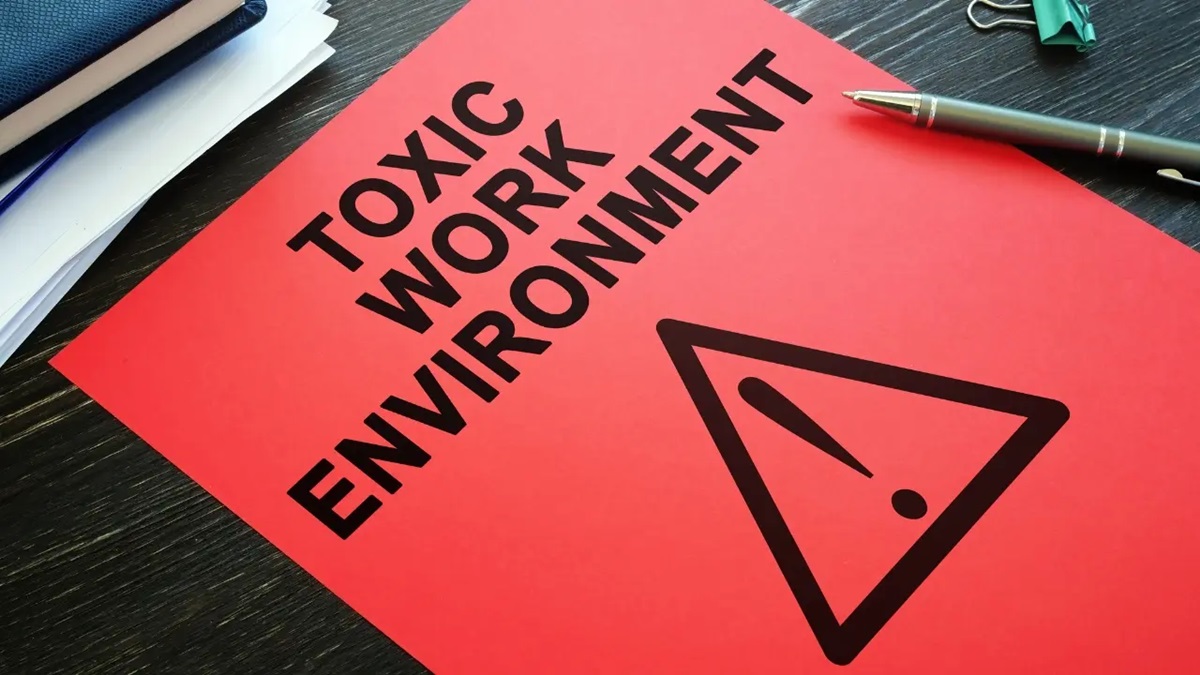A Bengaluru-based designer’s allegation that her former manager hurled a computer mouse at her face has ricocheted across social media, igniting a national argument over toxic office culture and accountability. The claim was first amplified by entertainment coverage from the Times of India, which reported the woman’s account and the subsequent online backlash on Thursday, 11 September.
The designer described the episode during a set at the Tech Roast Show in Bengaluru, an event where tech workers often air candid workplace stories on stage. The Times of India reported that she recounted a confrontation on her last day at a Mumbai office, culminating in a manager allegedly losing his temper over project confusion and turning a Dell computer mouse into a projectile. In the outlet’s words, she said, “He threw a mouse at my face.”
Clips and summaries of the appearance spread quickly across Instagram and LinkedIn, drawing sharp condemnation and fresh calls for stronger protections inside Indian companies. The Times of India said the woman’s testimony “gained traction on social media,” framing the conversation around harassment, workplace violence and the need for tighter conduct policies. While the live-show setting added spectacle, the underlying issue resonated far beyond the comedy stage.
The venue itself has become a forum for tech-world catharsis in recent years. Vice has described the Tech Roast Show—created by comedian-engineers who tour major tech hubs—as a production that blends improvised punchlines with social commentary about Silicon Valley-style work culture. That format, critics and fans argue, can surface uncomfortable truths about power, pressure and performative leadership inside high-growth companies.
As of Friday (12 September), the manager at the centre of the allegation had not issued a public statement, and there was no immediate confirmation of a police complaint in the reports reviewed by this publication. The Times of India’s write-up focused on the woman’s account and the conversation it sparked, rather than any official response. In the absence of formal statements, the online debate has centred on what companies should do next—particularly whether internal codes of conduct deter misconduct or merely exist on paper.
The story lands amid a broader reckoning with workplace behaviour in Indian tech and adjacent sectors. In June, Business Today chronicled a separate, widely shared Reddit account from a Bengaluru startup employee who alleged months of psychological harassment and described collapsing during a video call—an example frequently cited by HR professionals as evidence that online platforms are accelerating the exposure of bad practices. India Today similarly reported on the same wave of viral testimonies, noting how anonymous forums and LinkedIn posts have turned individual experiences into collective demands for reform.
For employers, the risks are reputational as well as operational. HR leaders say that even unverified public allegations can damage morale, complicate hiring and trigger attrition—particularly among younger employees who are both outspoken and mobile. Analysts point out that the employee experience is now as much a brand asset as a benefits plan; when a workplace incident becomes shorthand for a company’s culture, remediation tends to cost more than prevention.
What does meaningful prevention look like? Corporate counsel and HR practitioners typically recommend three immediate steps: clarify zero-tolerance policies that cover both physical and psychological harm; enforce reporting channels that protect complainants from retaliation; and ensure swift, independent assessments when incidents surface, whether or not they originate on social media. Training for frontline managers—who often sit closest to pressure and deadlines—remains a recurring gap, according to consultants who audit misconduct policies for Indian firms.
There is also a mental-health dimension that companies can no longer sidestep. While therapy allowances and wellness webinars proliferated during the pandemic, employees say the fundamentals—workload design, norms around feedback, escalation paths—often matter more. Viral stories become catalysts because they dramatise the costs of ignoring those basics. As one HR head put it at a recent industry roundtable: culture is what people experience on a bad day, not what the handbook promises.




















